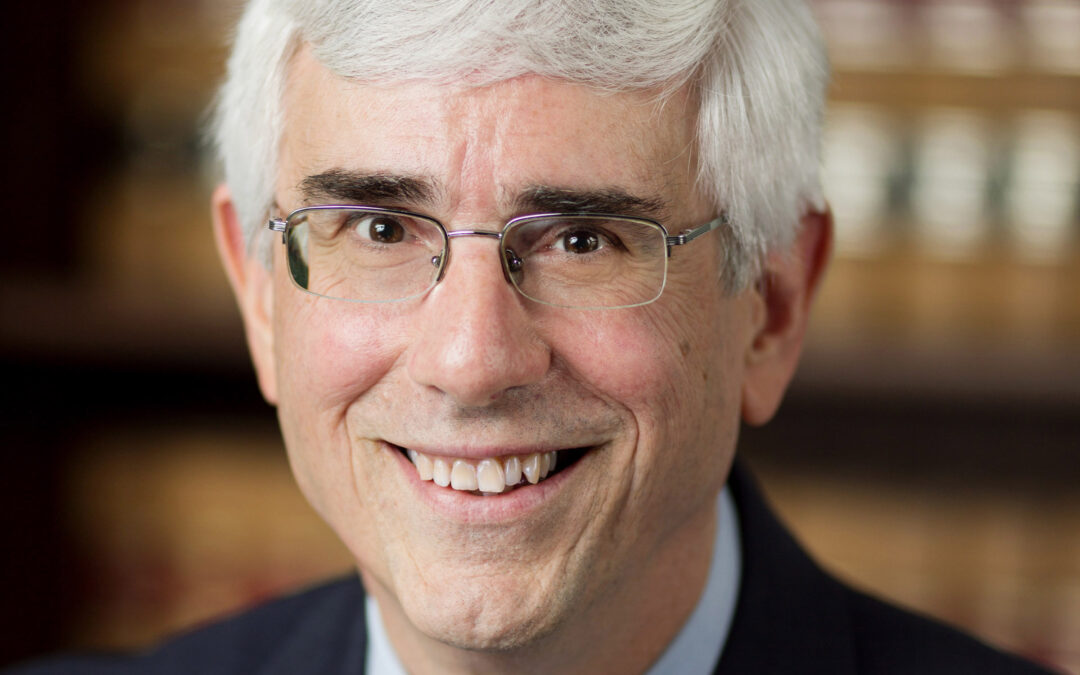
by Laurel Goldstein | Jun 6, 2025 | Collective Bargaining, Labor In The News, Litigation
In an important win for employees and unions, the Massachusetts Supreme Judicial Court (“SJC”) recently ruled in favor of the Newton Police Superior Officers Association, MCOP Local 401 (“NPSOA”), finding that the City of Newton (“City”) discriminated against NPSOA...

by Sandulli Grace Staff | Jun 5, 2025 | Labor In The News, Litigation, Sandulli Grace In The News
A member of the Massachusetts Coalition of Police, the largest police union in the Commonwealth, is back on the job after his union fought for his termination to be overturned. Jeffrey Maligno, a police officer in the Town of Plympton, MA, was accused by his employer...

by Sandulli Grace Staff | Feb 19, 2024 | Contract & Interest Arbitration, Labor In The News, Litigation, Sandulli Grace In The News
Retired Malden police sergeant and member of MassCOP Local 479, Paul McLeod, successfully appealed the Malden Retirement Board’s decision to exclude hazardous duty pay from regular compensation for purposes of computing retirement benefits. In January 2022, following...

by Sandulli Grace Staff | Jul 10, 2023 | Collective Bargaining, In Our Opinion..., Labor In The News
ONLINE NEWS MAGAZINE SALON INTERVIEWS SANDULLI GRACE ATTORNEY ON RECENT SUPREME COURT DECISION ON UNION’S RIGHT TO STRIKE Following the June 1, 2023 Supreme Court decision in Glacier Northwest Inc. v. International Brotherhood of Teamsters Local Union No. 174 (No....

by Alan Shapiro | Jul 7, 2023 | In Our Opinion..., Labor In The News
Sandulli Grace attorney John Becker is quoted extensively in an article published June 12, 2023 in Salon, a national publication. The article focuses on labor law opinions issued by the most recent appointee to the U.S. Supreme Court, Justice Ketanji Brown Jackson. In...

by Jennifer N. Smith | Jun 8, 2022 | Labor In The News, Sandulli Grace In The News
With immeasurable sorrow we announce the passing of Kenneth Allen Grace. Ken, a born union organizer, graduated from Cornell University’s School for Industrial and Labor Relations with a BS in 1973, followed by a Master’s in Labor Studies from UMass Amherst in...







